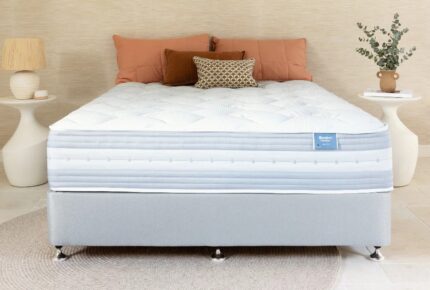Natural vs. Chemical Cleaners – Which are Better for What
Maintaining a clean home is a must, especially if you have little children, and anyone who has used chlorine bleach to get rid of germs from a cutting board, a countertop, or anywhere else, probably knows that the use of harsh cleaners can leave you literally gasping for breath. They are that harsh that can singe your nose hairs. I know, crazy… This is maybe one of the many reasons why more and more people decide to rely on the all-natural cleansers like lemon, vinegar, and baking soda. However, food-safety experts are sticking closely to the idea that cleaning chemicals and disinfectants should be the only products you use as disinfectant solutions against mildew stains and foodborne illnesses.
Chlorine Bleach
These days, the most commonly used types of cleaning chemicals and disinfectants are the ones that contain chlorine bleach. In fact, bleach is their main ingredient for a good reason – it can kill bacteria, viruses, mould, fungus, microorganisms like E. coli etc. Simply put, it is the most effective chemical disinfectant used for both household and commercial purposes. In fact, chlorine bleach is the only household cleaning product regulated by the U.S. Environmental Protection Agency (EPA), which means that it’s been tested whether it can kill microorganisms, such as the Escherichia Coli. Since it is an extremely strong disinfectant, it takes just a small amount to have a perfectly clean area; the usual recipe is 1 part bleach to 4 parts water.

Vinegar
A safer alternative to chlorine bleach is white vinegar. White vinegar is a highly effective natural cleaner that can kill nearly all household germs, bacteria, and mould. It spreads no harmful fumes, and leaves no residue like in the case with chlorine bleach. Since white vinegar is biodegradable, you can use it for cleaning your home even if you have little children. The most simple and most commonly used white vinegar cleaning solution is 1:1 ratio of water to vinegar. If you want to add a pleasant smell to it, you can add several drops of your favourite essential oil (whichever you choose is fine).
So here comes the question, what’s better? No matter how much we love natural cleaners – vinegar, in particular, it has been proved that white vinegar cannot kill some dangerous types of bacteria. All this leads to one conclusion, sometimes the use of harsh cleaning chemicals and disinfectants is inevitable, especially when it comes to commercial facilities. Thus, the type of cleanser you use should depend on the type of surface you clean, and the level of the surface’s contamination as well.









